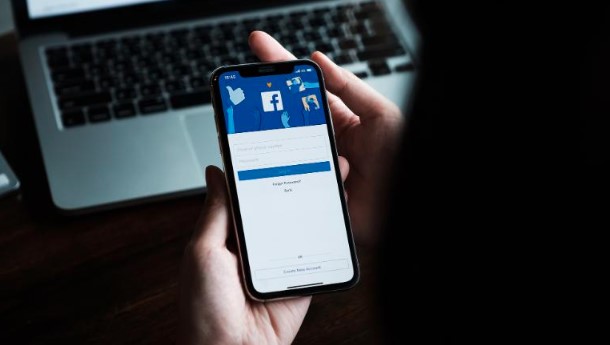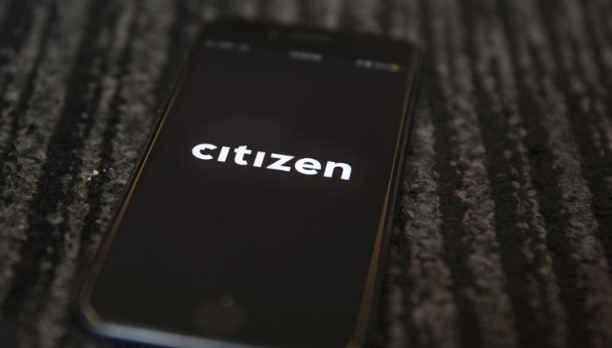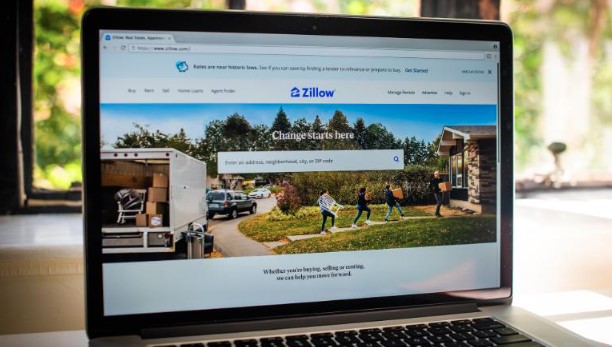7 Biggest Tech Failures of 2021: Let’s Dig Deep and Learn

Not all tech projects see the face of success. Even many of the charming-looking tech plans ended up in vain. The year 2021 was a mix of hope and challenges, while COVID vaccines are becoming available, the pandemic stretches out for another year. Technology paved our way to a greater extent and made our lives harder as well.
On several occasions, technology went wrong or became futile totally. From giant internet outages and furtive ransomware attacks to big issues like Meta, many things haven’t worked according to expectations.
In the eyes of the big media of the world, here is a list of some big tech failures that made the tech-enthusiasts remorseful.
1. Massive data leaks faced by Facebook and LinkedIn
 In April 2021, cybersecurity experts expressed a serious issue. They said that the personal information of half a billion Facebook users, along with their phone numbers, email addresses, and birthdays had been posted to a website used by hackers.
In April 2021, cybersecurity experts expressed a serious issue. They said that the personal information of half a billion Facebook users, along with their phone numbers, email addresses, and birthdays had been posted to a website used by hackers.
At the same time Facebook said that previously, the same data had been reported as scraped from users’ profiles. They accuse malicious actors of the incident, but they fixed the issue the same year. The event made it clear that companies’ collection of massive data is very much vulnerable due to the bad actors in this field.
Also in the same month, LinkedIn, the network for professional people, confirmed that publicly available details were scraped from about 500 million of its users’ profiles.
This data had been offered for sale on hackers’ websites. LinkedIn informs that the database for sale was. In fact, a collection of data from various websites and companies signified it as “not a LinkedIn data breach.”
2. Misidentification of alleged arsonist by citizen app
 In May, the app of a startup named Citizen, capable of sending real-time crime alerts, offered a $30,000 reward for helping in finding the person who is behind the Los Angeles wildfire.
In May, the app of a startup named Citizen, capable of sending real-time crime alerts, offered a $30,000 reward for helping in finding the person who is behind the Los Angeles wildfire.
Information, along with a photo of a suspected man posted to Signal, made police detain the man. But, there was a big problem: It turned out that he had been identified mistakenly.
In the app, the company used a new product called OnAir. The objective of using the new product is to broadcast information about the suspect. However, before circulating the information, it had failed to maintain its own verification protocols.
3. Ransomware attacks– A big trouble
The incidents like hackers getting access to computer systems and holding a company hostage for money have risen sharply this year. Specifically, they targeted business and critical infrastructure for taking Ransome.
One such major attack cleared the vulnerability of US infrastructure to such cybercrime. That is the attack on Colonial Pipeline.
Colonial Pipeline is one of the largest pipelines in the United States, which was forced to pause its operational activity when it got attacked by hackers. Cybercriminals made it possible by accessing a compromised password.
It’s at the same time sad and weird that the company had to pay $4.4 million in ransom to get the activity of the company’s network running again.
However, investigators of the Justice Department said from the attackers of Colonial Pipeline had recovered $2.3 million in cryptocurrency.
4. Two outages, taking down much of the internet
In less than two weeks, large swaths of the internet went down due to outages at tech companies. This kind of outage was never heard of before. Though these outages were quickly detected and short-timed, they depicted our extensive reliance on the internet and its precarious nature.
Due to an outage at the content delivery network, On June 8, innumerable websites including Reddit, CNN, and Amazon went dark. After a few days, on June 17, an issue at a similar company named Akamai Technologies broke websites.
Among these, there were websites of Southwest Airlines, United Airlines, Commonwealth Bank of Australia, and Hong Kong Stock Exchange.
The fast outage was identified within a minute and lasted less than an hour for most affected websites. However, it took four hours for Akamai to fix the problem, and the company aid the customers offline for just a few minutes.
Besides these internet failures, even this December, Amazon’s cloud computing service faced three outage problems. That created problems for Disney+, Slack, Netflix, Hulu, and many others. Even during the crucial holiday season, it disrupted Amazon’s logistic operations.
5. Terribly bad day for Facebook and the aftermath
On many sides, October 4, was an awful day for the company that would soon be rebranded as Meta.
The previous night, Facebook whistleblower Frances Haugen revealed an interesting fact in a “60 Minutes” segment. According to his claim, it was expressed that facebook knew how its social network was used to spread misinformation, hate speech, and violence.
Then, on Monday, Facebook, WhatsApp and Instagram were shut down due to major outages. The Facebook authority blamed it on ‘configuration Changes,” however its stock value was declining due to the double effect of the outage factor and blowback from the television appearance of Haugen.
When, on the following day, Haugen was set to testify before congress members, the company faced more regulatory scrutiny. In addition, on the same day, the company also asked to discard an antitrust complaint that had been filed against the Federal Trade Commission.
As the morning shows the day, that day forecast more severe situations to come that month. In the later part of October, a consortium of seventeen news organizations in the United States started publishing their own stories, which were based on documents included in submissions made to the SEC and provided to congress in expunged form by the legal counsel of Haugen.
The Consortium reviewed the censored versions received by Congress. These stories express the matter of how coordinated groups use Facebook to provoke violence. Besides, the use of social networks by human traffickers in exploiting people was also involved in the stories.
6. Zillow’s Learning hard lessons about Estimating Home Prices with AI
 In November, Zillow announced to shut down its home-flipping business called Zillow Offers. As they have cited unpredictability in estimating home prices. According to them, the real price is much more than their expectations.
In November, Zillow announced to shut down its home-flipping business called Zillow Offers. As they have cited unpredictability in estimating home prices. According to them, the real price is much more than their expectations.
The news was an awestruck admission of defeat for the real estate listing company, even though they wrote down an inventory of $304 million in the third quarter of 2021.
They saw their stock plunge down and decided to terminate one-fourth of their employees which was 2,000 in numbers.
Furthermore, it’s really tricky and complex to use Artificial intelligence to make such real-world decisions, too.
7. Tesla’s “full self-driving” freaks out drivers
 For a long time, Elon Musk, the CEO of Tesla, has been talking about ‘full self-driving’ software. However, by the end of 2021, it’s still not fully autonomous. Rather, it offers features that assist drivers to agree that they must remain alert at the steering wheel if the situation demands them to take over the wheel.
For a long time, Elon Musk, the CEO of Tesla, has been talking about ‘full self-driving’ software. However, by the end of 2021, it’s still not fully autonomous. Rather, it offers features that assist drivers to agree that they must remain alert at the steering wheel if the situation demands them to take over the wheel.
In addition, the number of Tesla drivers who have been able to test it is very small, even though, these customers have paid #10,000 for access to the ‘beta’ version of this feature.
These features may sound fantastic, but the drivers who’ve used them told the media that often they are unsure about what their car would do next. It’s unexpected for those who pay thousands of dollars for their smart vehicles. The test drive result by CNN is very worrisome.
The car tried to crash into a UPS truck just to avoid a cyclist, attempted to drive on the wrong side of the road; tried to hit a fence as well. That means, in the case of Tesla’s ‘Full-Self- Driving’ car, a barking dog seldom bites.’



